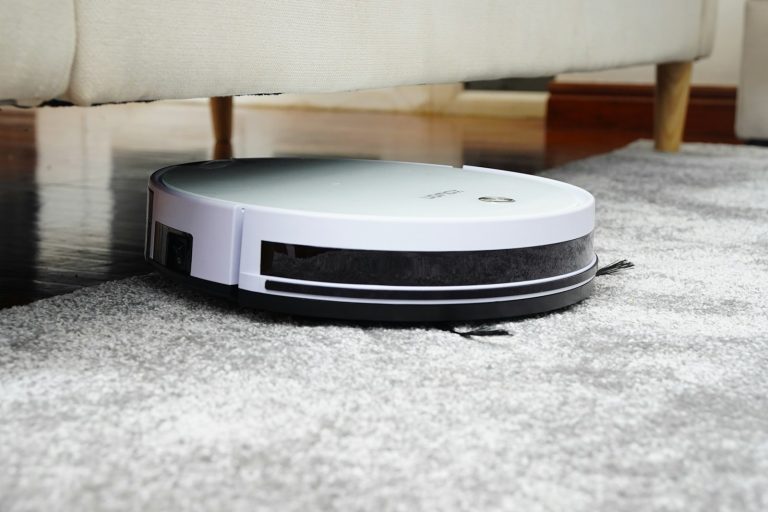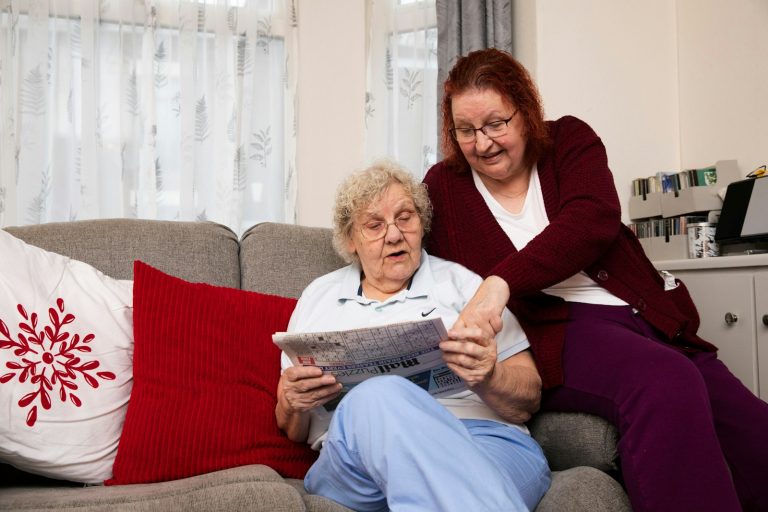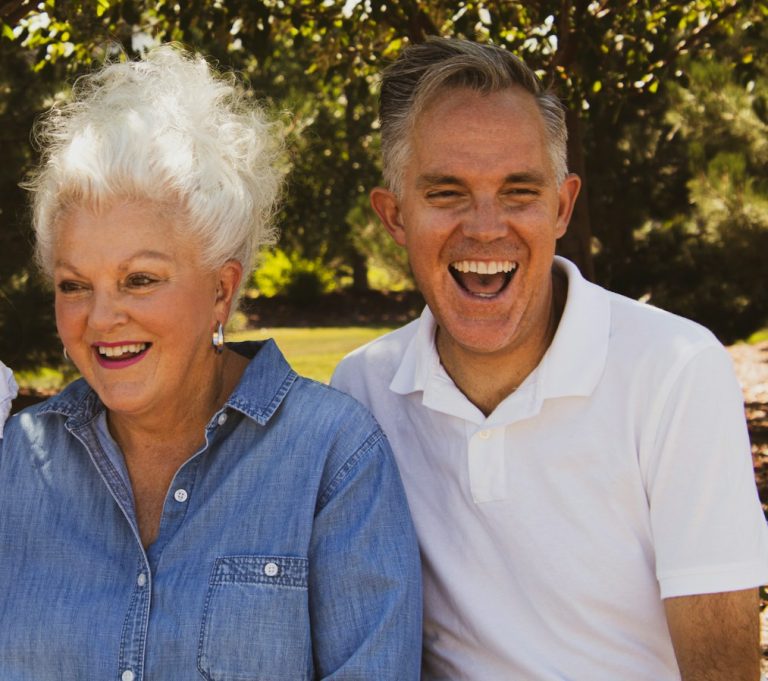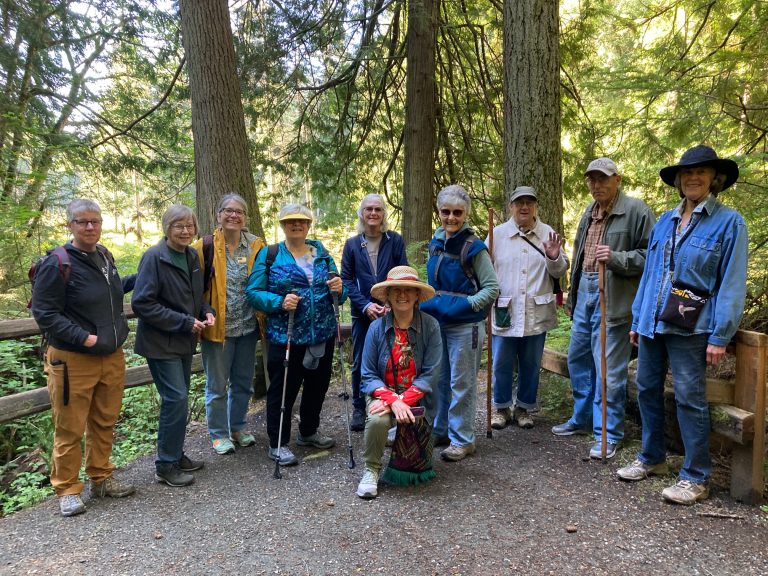Caring for Others, Caring for Yourself is contributed by Ellen Liu Kellor, Owner of Age-Well LLC
Published in the Fall/Winter, 2023 Edition of Vibrant Senior Options Resource Guide Magazine.

Thank you. Thank you for caring for your mother, your father, your husband, your wife, your sister, your brother, your child, your friend, your neighbor and each other. Finally, thank you for caring for yourself.
Too often, self-care is not prioritized by informal “family caregivers,” who may put themselves last in line and struggle to find the time for much else outside of care responsibilities. Even basic needs such as sleep may feel like a luxury. Caregiving can be a demanding, often thankless role that may take its toll on health & wellness, finances, social lives, relationships, personal time and freedom.
A Healthy Balance for Caring for Yourself
As an Elder Care Consultant, Social Worker and Support Group Facilitator, I often meet people when they are hitting a wall of burnout and exhaustion from the unrelenting responsibilities of caring for their aging family members, sometimes alongside parenting and work roles. As the caregiver reaches burnout or suffers their own healthcare crisis, they may be driven by a sense of desperation and basic survival instinct. It may be comforting to know that with the proper planning and support, a healthy balance can exist. As you are caring for other, caring for yourself is possible. The addition of good self-care routines can offer a refreshed perspective on caregiving roles and abilities. What once felt insurmountable may be faced with new energy, perspective and possibilities
Existing Resources and Support
One of the first things that I do with my clients is to assess their existing resources and support systems and to make sure that the informal caregivers/family members have backup support.
Network for Caring
We all need time to rest and rejuvenate. Setting healthy boundaries and realistic expectations while including time for self-care is critical for survival as you navigate the memory care journey. Consider “Maslow’s hierarchy of needs,” which includes sleep and nutrition at the foundational level, before other needs can be met. This is true for the care recipient and the caregiver as well.
The best “long term care policy” to invest in is to build upon a trusted network of mutual support, both formal and informal.
Caring for yourself and self-care resources may include:
 Accessing reliable respite via friends, neighbors or caregivers, adult day centers, senior centers or care facilities
Accessing reliable respite via friends, neighbors or caregivers, adult day centers, senior centers or care facilities- Attending a support group (virtual or in person)
- Consulting with a counselor, therapist, life coach, pastor, social worker or care manager
- Journaling, art, mindfulness meditation, prayer, sleep, nutrition, exercise & recreation
- Pausing for restorative moments throughout the day: a cup of tea, a calming breath, favorite music, friendship, pets or nature & the outdoors
Additional information and resources for support include your local Aging and Disability Resources office, Department of Veterans Affairs, Senior Centers, Healthcare Networks & Organizations, Churches, Social Workers and Care Managers. Feel free to contact me directly and I’d be happy to help guide you to the appropriate self-care and respite resources & programs for your situation.
Ellen Liu Kellor, MSW
Elder Care & Lifestyles Consultant
Geriatric Care Manager & Gerontologist
Age-Well LLC
360-734-3064
www.age-well.com






















